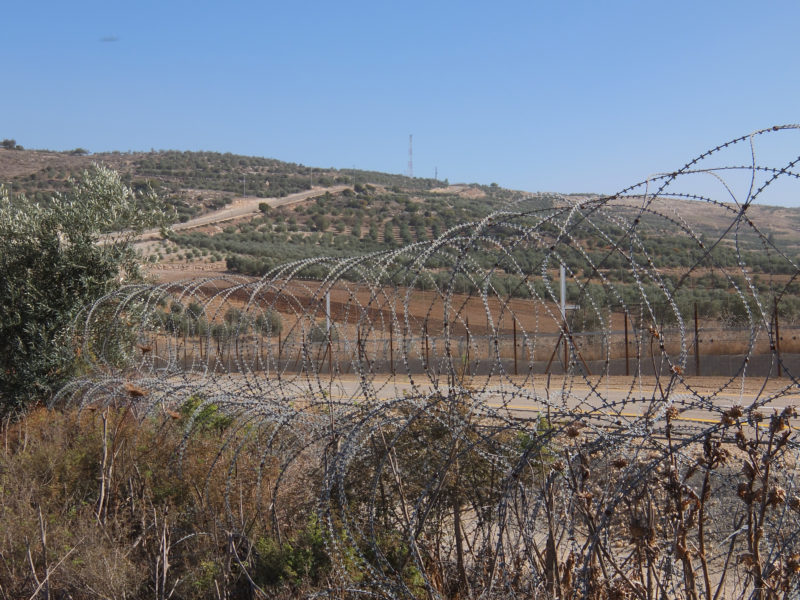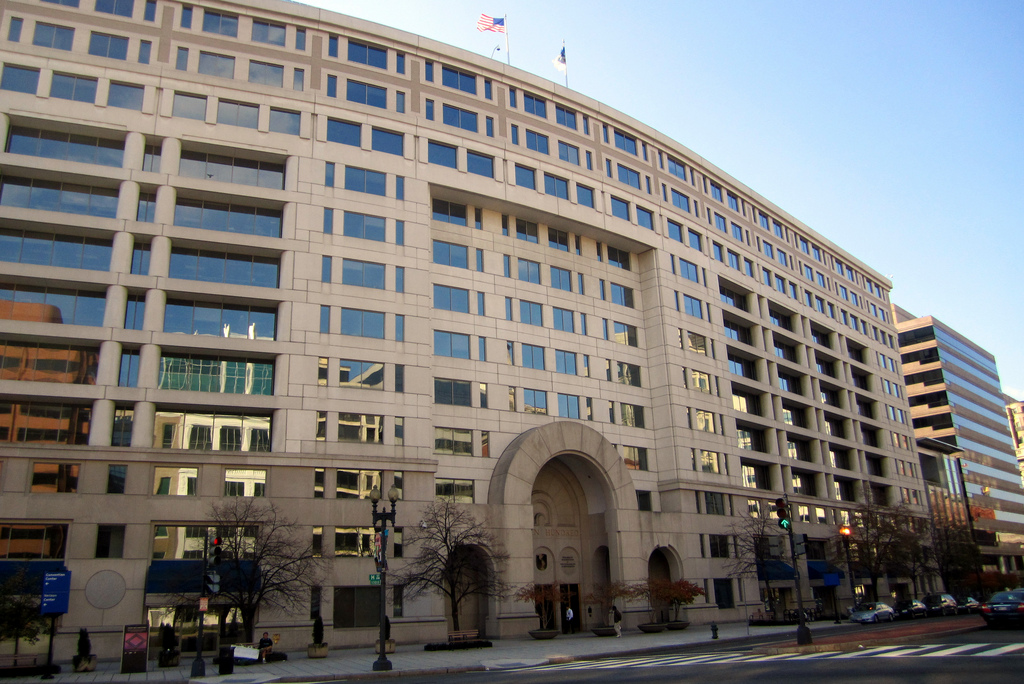After several years of consultations, trial balloons, and delays, on Jan. 28, President Trump released his much-anticipated plan to secure peace and prosperity for the Israelis and Palestinians.
The 53-page document touches on most of the major issues under dispute. It settles the question of the Palestinian right of return by declaring that there is no such right and that refugees will have to find other solutions to their displacement (with the help of a reparations fund). It settles the question of who controls Jerusalem by giving Israel total authority over a unified Jerusalem but allows the Palestinians to create their own capital somewhere near Jerusalem—on the other side of Israel’s security wall. With proper consultation with the US, Israel is given the green light to annex all settlements and the Jordan Valley. Palestinians are allowed to hope that the remaining, carved-up lands will become their future state, but it will depend on Hamas laying down their weapons in Gaza and the result of future negotiations between the Israelis and Palestinians. To compensate Palestinians for the land annexed by Israel, Israel is recommended to undertake its own version of gerrymandering by taking those Arab Israeli villages that are inside Israel but about the West Bank and move the border so that they now become part of the territories.
The reaction to the plan is predictable. Most Israelis, especially the Israeli right and settlers, accept most of its terms, though those Israelis who have always opposed a Palestinian state object to even this hollowed-out version. For most Israelis, what’s not to like? It is hard to imagine a deal more closely aligned with Israel’s preferences. The fact that Israel is allowed to proceed unilaterally, while a future Palestinian state depends on the results of negotiations between Israel and the Palestinian representatives (and we know how such negotiations have gone in the past), means that the outcome is likely to be the reinforcement of a status quo that marches toward a Greater Israel. The Palestinians, unsurprisingly, decry the plan. What’s to like? It would end almost everything they have been fighting for over 50 years.
Rather than thinking of the Trump plan as a plan, it is probably better to think about it as a statement of the current and future reality. Almost everything the plan outlines already exists. There is no realistic possibility that Palestinians will be allowed to return to Israel. Jerusalem is unified under Israeli sovereignty. Israel has all but extended its authority to the settlements. The roughly 7 million residents of the West Bank and Gaza will live without rights and under some combination of Ottoman, Jordanian, Israeli, and occupation law, which Israel will determine.
Because the plan allows Israel to extend its law to the settlers and other Jewish residents and uses a different set of laws for non-Jews, the effect is to further institutionalize what has been apartheid in all but name. It is not a perfect analogy, but the bottom line is: a near majority of the residents of the territories controlled by Israel live in a condition in which they are denied the same rights as Jews.
A peace deal requires that the parties come to an agreement, and this is not an agreement but rather one party operating by fiat. But might this plan produce long-term stability if not peace? One way to think about this is whether either party would defect from the plan. The Israelis have been happy with the status quo. They have had relative security and prosperity without having to think too much about the Palestinians. Indicative of their satisfaction, Israel has been holding elections for more than a year, and the future of the territories or the possibility of restarting negotiations with the Palestinians has not been a campaign issue. Israelis should be quite happy with the Trump plan, which is a new and improved version of the status quo.
What about the Palestinians? Palestinians have never accepted the status quo, in which they are occupied, but alternative options have been slowly removed over the years. The Trump plan makes the idea of a Palestinian state more remote than ever. But this does not mean that the Palestinians will surrender to their second class status. Many will continue to fight for a Palestinian state—the strategy of sumud as it is known in Arabic. A second option is to demand more protections, rights, and improvements while living as second-class residents of Israel. But why accept second-class status when there is an option for full and equal rights?
There is a third option that represents defection: a demand for Israeli citizenship. Indeed, more East Jerusalem and West Bank residents are giving up on the idea of a Palestinian state and demanding Israeli citizenship. The perceived consequences are well-known: Israel would cease to be a Jewish and democratic state. Whereas once Israel had the exaggerated fear that the Palestinians might demolish Israel by force, now Jewish Israelis will have the more realistic fear that they might lose their state owing to protest and electoral politics. Because it represents such a direct threat to the very idea of a Jewish state, it is likely to be met by Israeli authorities with considerable resistance.
The Trump plan might be the deal of the century from the Israeli perspective, but it is most certainly not in the view of the Palestinians. Because it seems more like a farce and not a realistic plan for peace, it is tempting to give it little serious thought. This would be a mistake—not because it represents the contours of a future deal but rather because it provides a clarifying, stock-taking moment. It captures where the situation has been for the last several decades and makes clear that there is no two-state solution but only a one-state reality. And it gives Palestinians that want to hope for better lives for themselves and their children no realistic alternative other than to become Israelis. Scholars of nationalist, ethnic, and religious conflict know where this is headed. And it is nowhere peaceful.






